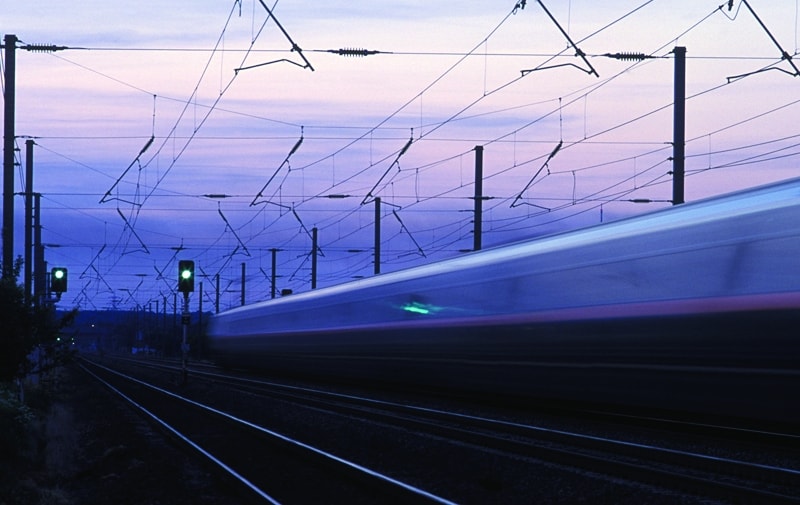
The team from the University’s department of Electronic and Electrical engineering has received £1.5m funding from the EPSRC to develop an energy storage test facility at a site alongside a train line, the first of its kind in the UK.
The facility will examine two types of energy storage - batteries and supercapacitors - as a hybrid solution for the high levels of electricity needed to power trains accelerating and charge from trains braking.
As train companies try to increase the frequency of trains on existing railway infrastructure, electricity supply is under greater pressure to be available at peak times. It’s thought that the use of batteries could reduce the demand for electrical energy supply in these periods and could mean rail operators benefit from more efficient and frequent services. Passengers could in turn benefit from reduced costs and more train services.
Commenting on the project, Dr Martin Foster from the University's Department of Electronic and Electrical Engineering said: "Electric powered rail travel has helped to reduce pollution and improve the comfort of travellers. Our project will look at how we can meet the demand for more electricity on our railways by investigating innovative ways to store surplus energy.
“Similar energy storage systems are already being used on the electricity grid during peak times and by translating these to our railways, we could deliver real benefits to both rail companies and consumers, bringing down the costs of travel and improving services,” he added.
The project also involves partners from the Universities of Leeds and Southampton, plus Network Rail.





Red Bull makes hydrogen fuel cell play with AVL
Formula 1 is an anachronistic anomaly where its only cutting edge is in engine development. The rules prohibit any real innovation and there would be...